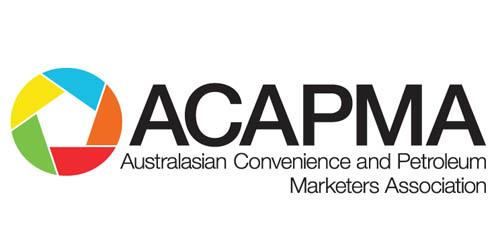 Many of us will be familiar with the introduction of tap and go for retail transactions.
Many of us will be familiar with the introduction of tap and go for retail transactions.
The convenience of this form of payment has contributed to a dramatic rise in the number of transactions that are processed using the computer chip on the front of a customer’s card – as opposed to the traditional black magnetic strip on the back of most cards.
“What few may realise, however, is that the net effect of this technological change has a been a two- to threefold increase in the cost of debit transactions for many retailers in Australia,” ACAPMA CEO Mark McKenzie said.
Transactions that are processed by the customer swiping their card and selecting EFTPOS have typically attracted an average cost of five to six cents per transaction.
Transactions processed via tap and go, on the other hand, are automatically processed via the credit-card pathway (ie, Visa and Mastercard) and attract a cost of between 13 cents and 18 cents per transaction.
The most astonishing fact about this increase is that it has been quietly introduced by the major banks in recent years, with most of Australia’s retail businesses – and their customers – being unaware of the increases.
“While the computer chip on the customer’s card is capable of processing payments via the lower-cost EFTPOS pathway, we understand that the banks have programmed the chip to default to the higher-cost pathway,” Mr McKenzie said.
Last year, the Australian Retailers Association conservatively estimated that the additional cost to Australian retailers – that is, all types of retailers – could be in the order of more than $290 million dollars a year.
“Within the petrol-and-convenience industry, specifically, some member businesses have reported annual cost increases of between $3,500 and $15,000 per site, suggesting that the additional cost to the fuel-retail industry could be as high as $23 million a year,” Mr McKenzie said.
But the impact of these higher charges in the fiercely competitive fuel-retail industry extends beyond simple increases in business cost for small-to-medium fuel retailers.
It appears that some of the larger company-owned operations – and dealer businesses operating under the umbrella of commercial agreements with the nation’s major fuel brands – have secured lower-debit transaction charges under the umbrella of ‘bundled’ merchant-fee offerings negotiated with their bank.
“While such agreements are both right and proper, the fact remains that small-to-medium businesses do not have such leverage with their merchant-services providers and therefore will be required to continue to compete with higher transaction costs than those of their larger competitors until this issue is redressed,”, Mr McKenzie said.
ACAPMA understands that the Reserve Bank of Australia is now working on changes that will allow retailers to choose which payment gateway they use for processing debit payments in the future.
Unfortunately, there are no hard timelines for the implementation of this policy. ACAPMA has therefore initiated discussions with key regulators, including the RBA, to promote the urgency of implementing changes that will allow fuel-retail businesses to return to the lower-cost pathway for processing tap-and-go debit transactions.
“We’ll also be making formal representations to relevant federal ministers – in partnership with other interested associations – and will make a formal submission to the Royal Commission into Misconduct in the Banking, Superannuation and Financial Services Industry on this matter,” Mr McKenzie said.
“In the meantime, we urge all fuel retailers to review their current merchant-fee arrangements and to encourage as many customers as possible to utilise the swipe facility when making debit payments.”
ACAPMA remains interested in hearing from other members about their experiences with increases in the annual cost of debit transactions since 2014, as this will assist the association in building a case for urgent changes to be introduced, and assist with better quantifying the full impact on the fuel-retail industry.
Information can be provided by contacting the ACAPMA Secretariat on 1300 160 270 or by sending an email to markm@acapma.com.au.
This is an edited version of an article originally circulated by ACAPMA on February 9, 2018.




